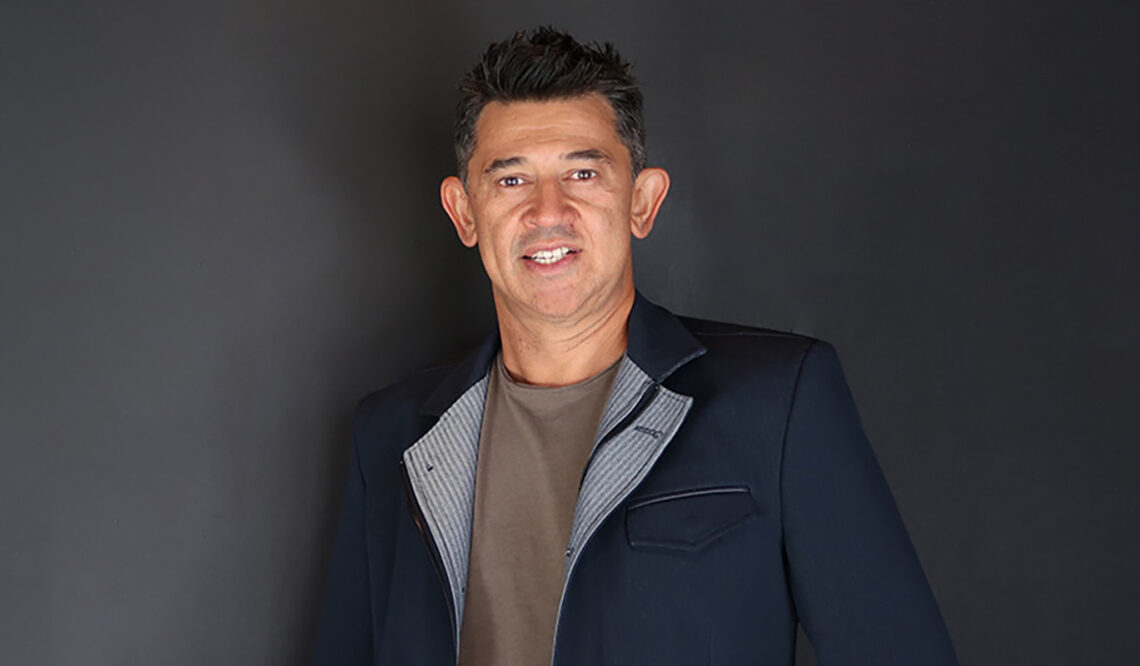
The global private equity market has proven to be resilient even amid the COVID-19 pandemic. McKinsey & Company’s private markets annual review called the year 2021 ‘a turbulent year’ for private equity.
Even so, private equity still continued to perform well overall in 2021, outpacing other private markets asset classes and most measures of comparable public market performance.
The McKinsey report noted, “The strength and speed of the rebound suggest resilience and continued momentum as investors increasingly look to private markets for higher potential returns in a sustained low-yield environment.”
Darren Heft, an Australian business mogul and investor, also stands by the resilience of private equity, but acknowledges that the effects of the coronavirus pandemic have been unexpected and unpredictable.
“While it looked like the economic upheaval caused by the pandemic would crash markets globally, deal and exit values bounced back well in the third quarter,” says Darren Herft.
Even so, Herft says that the effects of the virus will likely last even after most of the population is vaccinated. The truth is that private equity and other markets alike have had to adapt to the challenges wrought by the coronavirus pandemic.
“The vaccines have brought a semblance of normalcy since March 2020, but I doubt things will go back to the way they were any time soon,” says Darren Herft.
Herft says it will be interesting to observe how private equity players will use the lessons they gleaned from the pandemic in the way they approach their future endeavours.
He says one of the major hurdles investors faced during the lockdowns was being unable to visit the businesses they were involved in as well as potential acquisitions on the ground.
While businesses may show potential on paper, the best way to gauge its viability and feasibility as an investment is to visit in on site and observe how its operations are run,
Herft says, “The best way to measure the effectiveness of the strategies implemented by any business is to observe them in action.”
One of the major effects the pandemic had on private equity is imposing delays. Herft says that many deals experienced delays during the high tide of the coronavirus pandemic, as lockdowns restricted movement around the world.
While things are bound to improve, Darren Herft thinks it’s a wise choice to think about what to do in the future in the face of other potential disasters and unprecedented global events.
The Australian business mogul and investor says private equity firms must develop effective strategies if they want to stay competitive and work around hurdles in the future.
As a general rule, Herft says it’s important to streamline the acquisition process as much as possible in private equity, and part of that means having the correct documentation in order and procedures in place.
He says that technology has aided private equity firms in this regard and will continue to do so.
While it’s not a perfect situation, the ability to meet with people virtually has made it easier to maintain communication with various parties involved in an acquisition.
Despite all the many challenges caused by the coronavirus pandemic, Herft says that the fundamentals of what makes for a good company have remained the same.
To learn more about Darren Herft, you can visit the Official Website of Darren Herft, where he shares his insights on private equity, economics and investment analysis.






